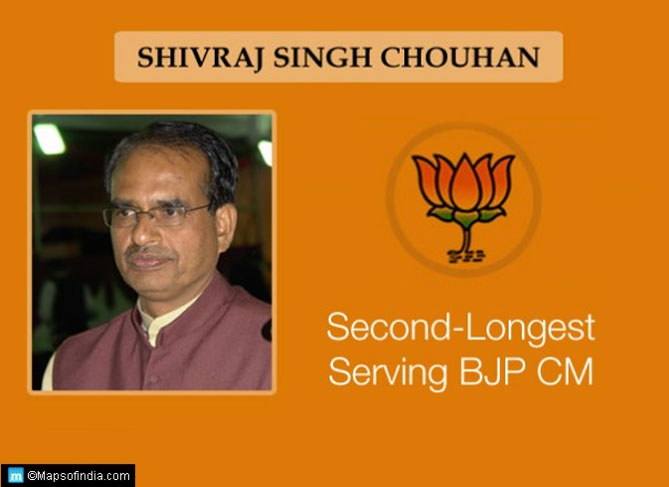Raghuram Rajan took over as the Reserve Bank of India (RBI) chief at a time when inflation was skyrocketing and the domestic currency was falling alarmingly against the dollar. He soon earned the respect of most Indian financial analysts and foreign investors by working quickly to avert the potential disaster India was headed towards. The new worry looming ahead now is, will Rajan be able to continue his work if NaMo comes to power.
Governor Rajan had, prior to his appointment as RBI head, served as the chief economist at the IMF (International Monetary Fund) and earlier still, as the chief economic adviser of the Congress-led government’s finance ministry. Rajan is shares close ties with the incumbent Finance Minister, P Chidambaram. The FM himself enjoys the respect of Rajan who had announced at a recent Brookings Institute event, “we work together and I think one of the benefits is that there is a greater sense of comfort on fiscal consolidation (with respect to the lowered Current Account Deficit)”
Raghuram Rajan and Narendra Modi also have a historic score to deal with. In September 2013, even as NaMo has started to nurse his prime ministerial ambitions, the Dr. Rajan Committee for Evolving a Composite Development Index of States (headed by Rajan) submitted a report on the development of 28 states. Blowing the whistle on Modi’s governance, the report had slotted Gujarat to a mere 12th position, behind Maharashtra, Karnataka, and Kerala and had called it “less developed”. NaMo, on the other hand, has been projecting Gujarat as an economic ideal and promises to replicate the state’s development at the center if he is elected PM.
One of the greatest issues of contention between the BJP and Rajan has been the stringent interest rate hikes initiated by the RBI governor, with the intent to contain the booming inflation and boost economic development. The repo policy rate has been raised by a Rajan-led central bank thrice (overall rise in 75 basis points to 8%). A pro-business BJP could be influenced by the exporters lobby, which feels that Rajan’s staunch monetary policies have hurt business by allowing the rupee to recover sharply (at about 15% from the previous FY’s decline). While NaMo himself has been too preoccupied with the elections to volunteer a statement, senior BJP members have made it clear that they are not favorably inclined towards Rajan.
The most vocal against Rajan, perhaps, is Piyush Goyal, BJP treasurer. He accused Rajan of aggravating the economic woes of the country due to his interest rate policies. Arun Jaitley and Subramanian Swamy have not been kind to Rajan either. While other senior market analysts also predict a showdown between NaMo and Rajan once (if) the former comes to power, the BJP leader may also want to consider that the confidence of foreign investors in Indian markets has shown a huge upsurge since Rajan has taken charge. Removing the governor may cause an ill-timed turmoil for a BJP that want to stabilize itself at the center. While the RBI Act of 1934 certainly gives the government the ability to retain or remove Rajan – “The central government may remove from office the governor, a deputy governor or any other director” – it may also be considered that no government has removed an RBI governor in the 80 years since the central bank was instituted.
Most exit polls seem to suggest that a NaMo-led government shall take charge post May 16. What should be interesting to watch is the candidate that NaMo had in mind for the FM post and Rajan’s discretion and political suavity. Rajan does seem quite flexible on the political front, if his recent statements are anything to go by. The central bank chief went on record to say that his differences with the higher echelons of the BJP had been blown out of proportion by the media.
There is also more in common between Rajan and NaMo than meets the eye. Both espouse a staunch anti-subsidy policy. No free lunches if these two work together, then. Both also seem to be taking a hard line on cutting down bad loans in the banking sector and getting done with non-performing assets (NPAs). NaMo may have to perform a balancing act, placating BJP leaders and exporter lobbies with a rapid economic progress if he wishes to work in amicable collaboration with Rajan. But will he? India waits with bated breath!
Related Information:
Union Budget Expectations 2014-15




